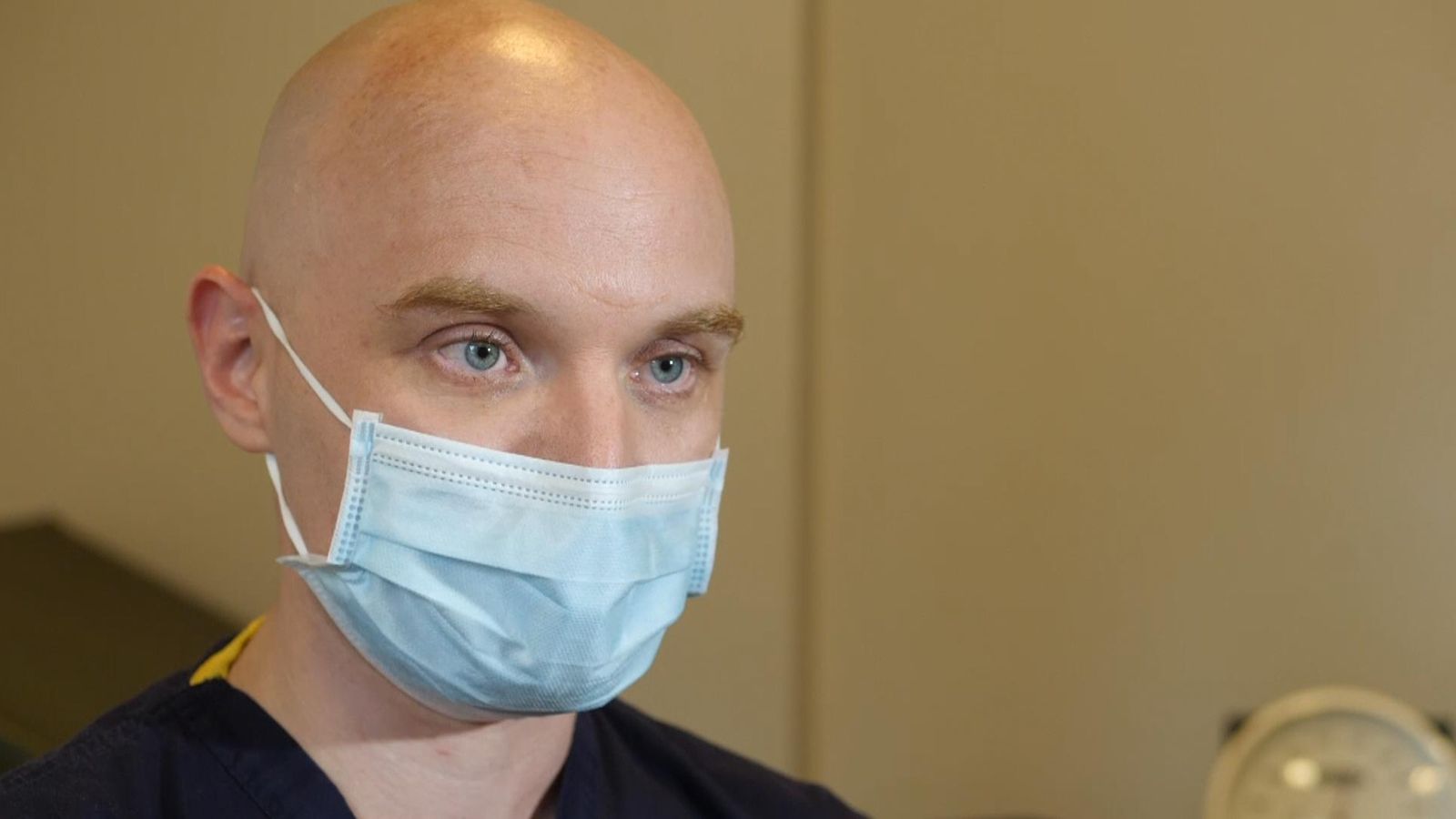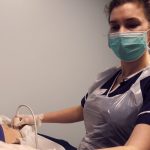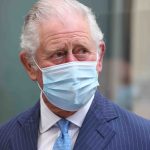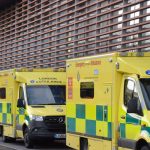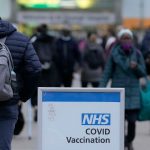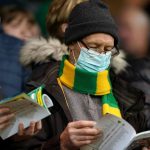Picture a doctor’s clinic where its medical staff are ‘on their knees’ and completely ‘overwhelmed’ by their relentless workload.
I can pretty much guarantee it would not be the Witley Surgery.
It’s in a quiet, leafy village in commuter belt Surrey – not on a sprawling inner-city council estate.
But what is happening here is being repeated in GP surgeries across the country. And it’s taking its toll.
“We’ve held the line for all this time and rather than it getting better at the moment it’s actually getting busier and harder,” Dr Dave Triska tells me.
He is a partner at the practice and is concerned about the wellbeing of his colleagues.
“A typical working week”, he tells me, “we’d have at least a few members of staff break down in tears and people feel like they can’t continue working in general practice.”
There are 11,000 patients on the Witley Surgery register.
Right now they are dealing with around 1,800 patients per week. That’s double the pre-lockdown number. But it’s without any extra staff or resources.
Dr Triska says the current situation is unsustainable.
The workload has not just doubled, the nature of the work has changed. It’s much more intense.
The number of patients coming to see Dr Triska with mental health problems has skyrocketed.
They now account for 40% of his caseload.
Others have complex medical needs exacerbated by the pandemic, and some are accessing healthcare for the first time since lockdown.
And then there are the patients who are becoming sicker as they join nearly five million others on the hospital waiting list.
None of these fit conveniently into a 10-minute consultation.
In the few hours I spend at the surgery the three doctors on duty have seen or dealt with 90 patients between them.
This does not include patients who have been seen by the nurse. There is a non-stop conveyor belt of sick people who want to be seen by a doctor.
This is why there is so much talk of GP burnout leading to a crisis in primary care.
Dr Triska is a former soldier, a veteran of two tours of Afghanistan.
He tells me he would rather go back and serve in Helmand than carry on like this as a GP.
“It’s worse now than it was mid-pandemic”, he says.
I have no doubt Dr Triska means what he says. He does not strike me as a man who is prone to hyperbole.
There is a crisis in primary care that needs to be addressed urgently.
If it is not, Dr Triska fears it could undermine the entire health service.
“Ninety per cent of patient care within the NHS happens in general practice for only around 9% of the budget,” he says.
“If that goes then the flood of people will go onto other services, secondary care, emergency departments and walk-in centres and they are simply not resourced to deal with it.
“We would see the collapse of what we recognise as the NHS.”
That is quite some warning. I tell Dr Triska that he could be accused of scaremongering.
He replies: “I have absolutely no pleasure in reporting what the unpalatable truth is, that for many GPs, they simply cannot see a future in general practice.”
